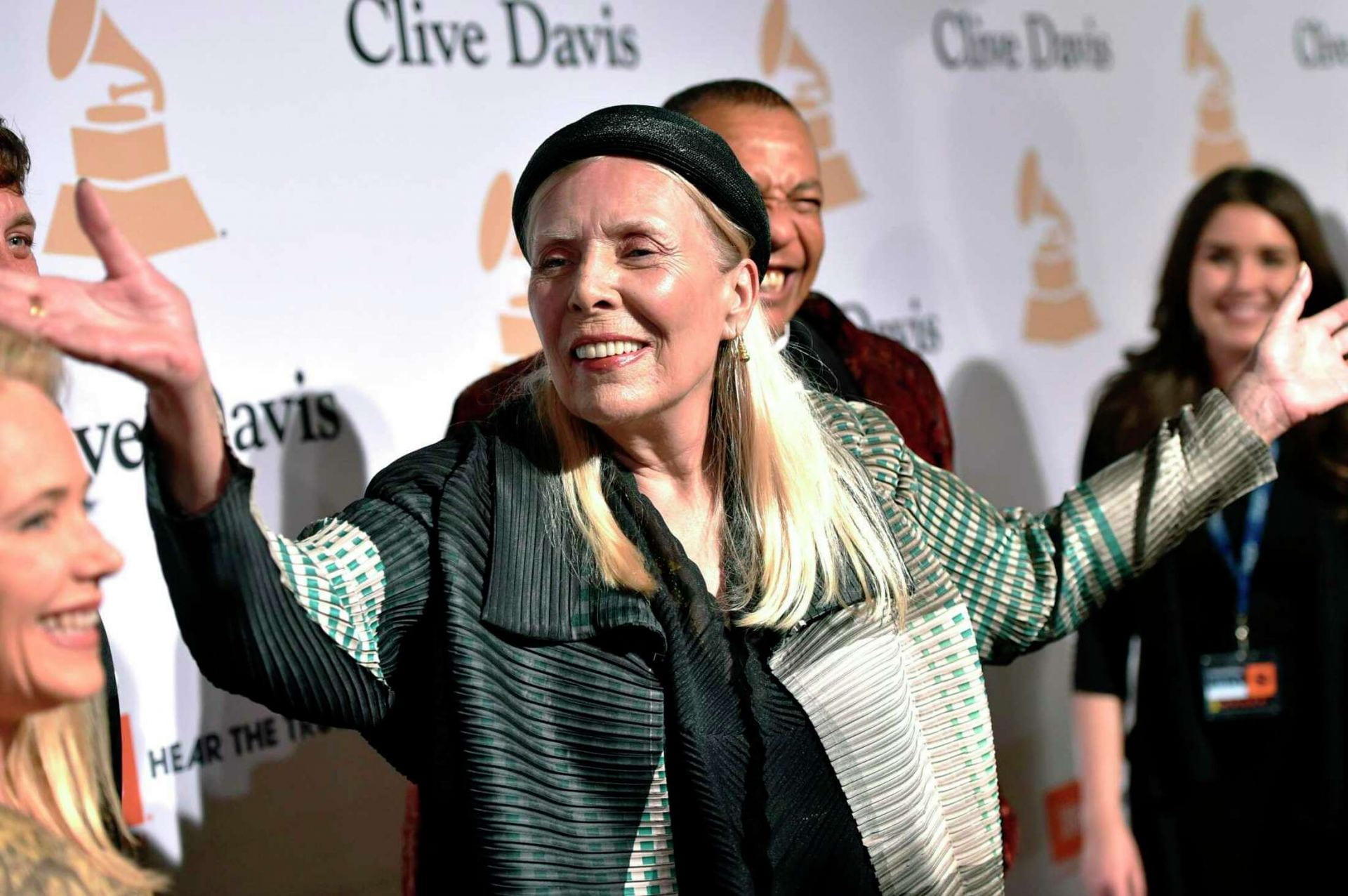Feb. 3, Jared Schroeder, associate professor of journalism at SMU Dallas and a specialist in Frist Amendment issues, for a piece that explains the business motivations of Spotify and the options consumers have if they don’t wish to support unregulated social media platforms. Published in the Houston Chronicle under the heading: Spotify minus Joni Mitchell reminds us that social media is more like a parking lot than a paradise : https://bit.ly/3GoUOhp
Great. Now we can’t listen to Joni Mitchell on Spotify anymore.
But we can still listen to “The Joe Rogan Experience,” whatever that is.
Spotify, thanks to Neil Young, was shoved into the blaring, often unintelligible, spotlight of the national content-moderation conversation last week.
It joined Meta, which is what Facebook wants us to call it now, Twitter, and YouTube, all of whom continue to experience criticism for very public growing pains about how they handle how people use their spaces.
Young gave the music-streaming giant an ultimatum: Remove Rogan’s popular podcast because it’s communicating false and misleading health information or take his music off the platform. Spotify chose to remove Young’s music, and Mitchell asked her music be removed as well.
By Jared Schroeder
Great. Now we can’t listen to Joni Mitchell on Spotify anymore.
But we can still listen to “The Joe Rogan Experience,” whatever that is.
Spotify, thanks to Neil Young, was shoved into the blaring, often unintelligible, spotlight of the national content-moderation conversation last week.
It joined Meta, which is what Facebook wants us to call it now, Twitter, and YouTube, all of whom continue to experience criticism for very public growing pains about how they handle how people use their spaces.
Young gave the music-streaming giant an ultimatum: Remove Rogan’s popular podcast because it’s communicating false and misleading health information or take his music off the platform. Spotify chose to remove Young’s music, and Mitchell asked her music be removed as well.
It was a lose-lose situation for Spotify. Either choice exposed it as something other than the forum for “creator expression” it brands itself as. Either choice had everyone seeing Spotify for what it really is — a business.
We seem to keep thinking of the forums social media firms provide as altruistic recreations of the marketplace of ideas. They are not. These spaces are not created to foster democratic discourse or a free exchange of ideas. These are commercial spaces, where profit is the primary goal. There’s nothing wrong with that. We just have to stop expecting these firms to be something they are not.
Their founders do not help the matter, as they consistently offer word salads that indicate they, out of the goodness of their hearts, have created these spaces for us. They also intermingle aspects of free speech into these statements.
Daniel Ek, one of Spotify’s co-founders, took a page from Meta’s Mark Zuckerberg in a letter Sunday, writing, “We know we have a critical role to play in supporting creator expression while balancing it with the safety of our users. In that role, it is important to me that we don’t take on the position of being content censor while also making sure that there are rules in place and consequences for those who violate them.”
There it is. Freedom and limitations in the same sentence.
Unlike a public space, social media firms are not required to follow the expansive free-expression safeguards the First Amendment provides. The only association between the First Amendment and social media firms is the government generally cannot have any role in what these firms choose to allow on their spaces.
We need to be clear about the natures of these forum providers because this problem is not going to go away. In fact, as the metaverse looms on the horizon, and people begin to live in virtual spaces, rather than simply communicating on them, the questions will get more complex.
It’s easy to be upset Spotify chose to keep Rogan’s show, which it reportedlypaid about $100 million for in 2020, rather than Young’s music, which it has to pay about .004 dollars every time someone listens to “Rockin’ in the Free World.”
Losing Mitchell’s music from the space is the biggest loss, of course, but her fans, and Young’s, can simply go elsewhere. I already have. That’s the key. When we stop thinking about these forum providers as free-expression providers and start seeing them as product providers, we can treat them as we do restaurants or grocery stores. Go to the one you think is best.
Of course, there are two problems with this. The misinformation and disinformation on these spaces persists and others will hear and believe it. There is no simple solution for this. These firms profit substantially from the private data and advertising audience we provide, so logging off could encourage them to change. Leaving the space can have an impact on the business.
While a few states, including my home state of Texas, seem to think the government should be involved in how these companies moderate their spaces, compromising the First Amendment to force social media firms to be a better version of the marketplace of ideas they are not designed to be cannot be the solution.
The other problem is choice. Some firms dominate the social media field. We can still leave, though. And when it comes to streaming choices, I can listen to “Big Yellow Taxi” on a variety of forums. Spotify can keep Joe Rogan.
Jared Schroeder is an associate professor of journalism at SMU in Dallas, where his research focuses on free expression and emerging technology.


